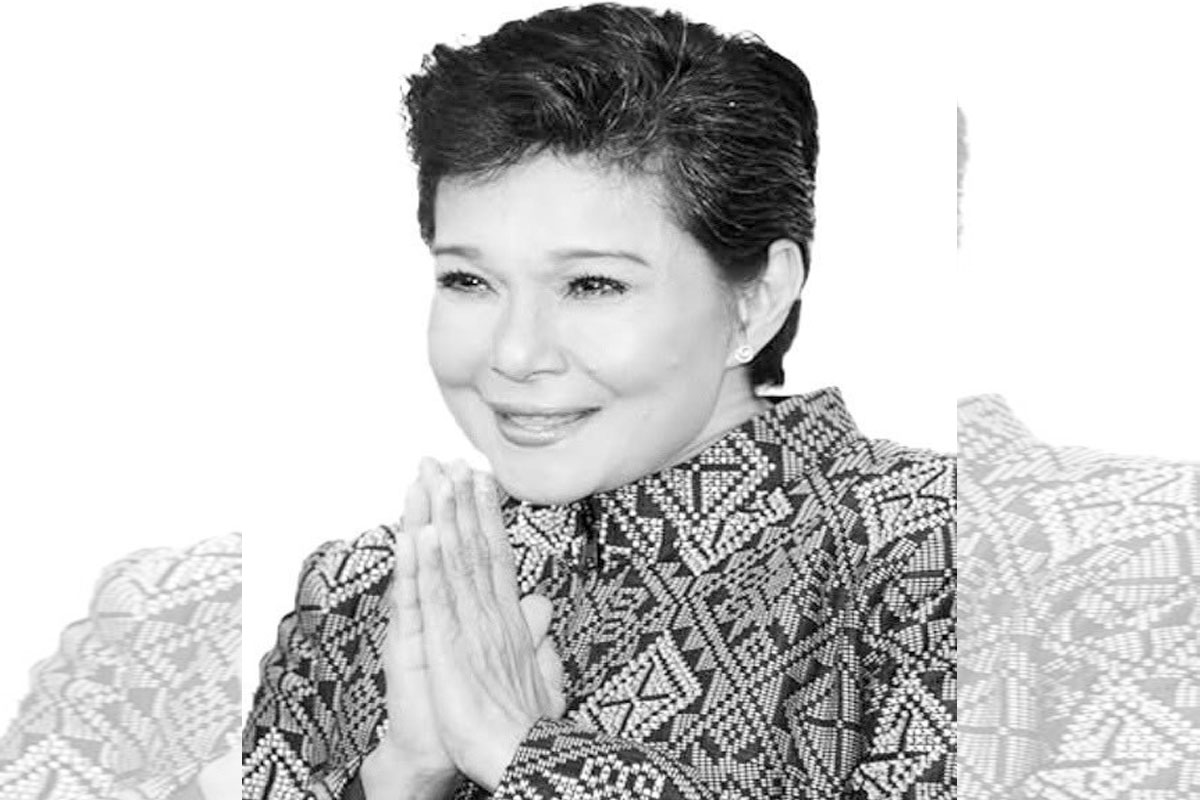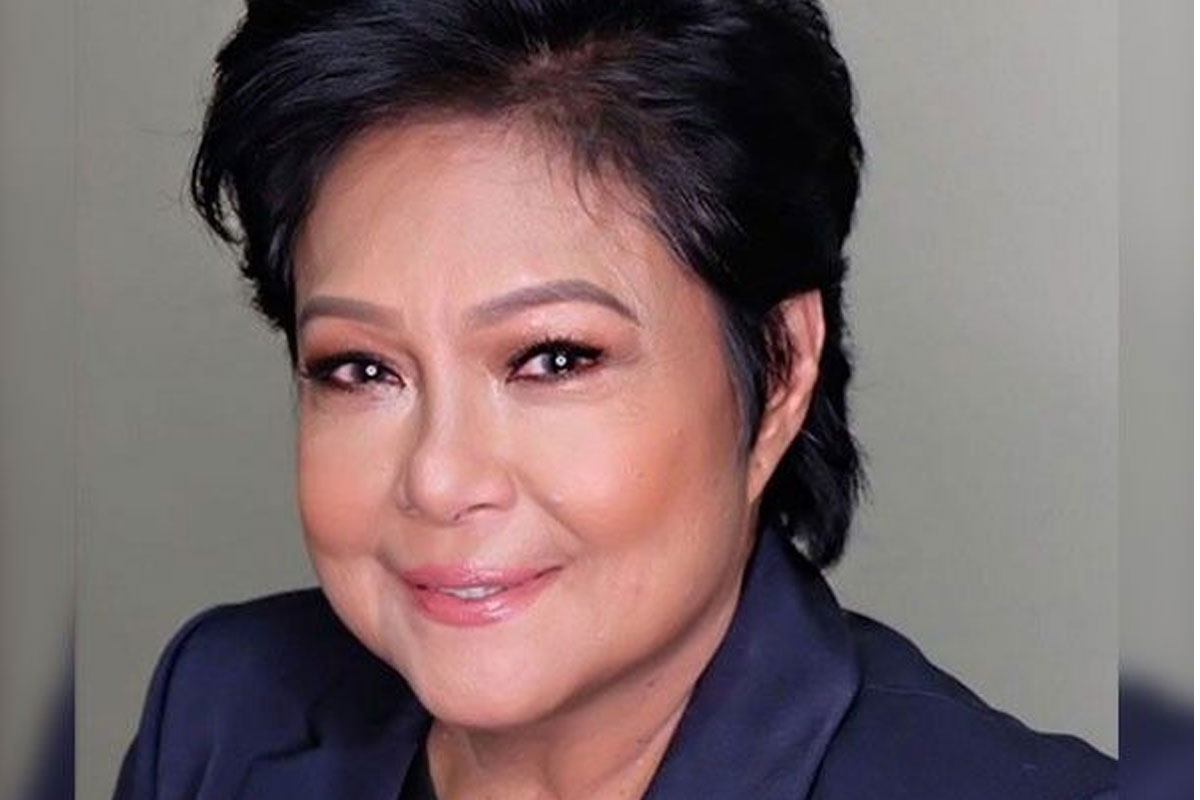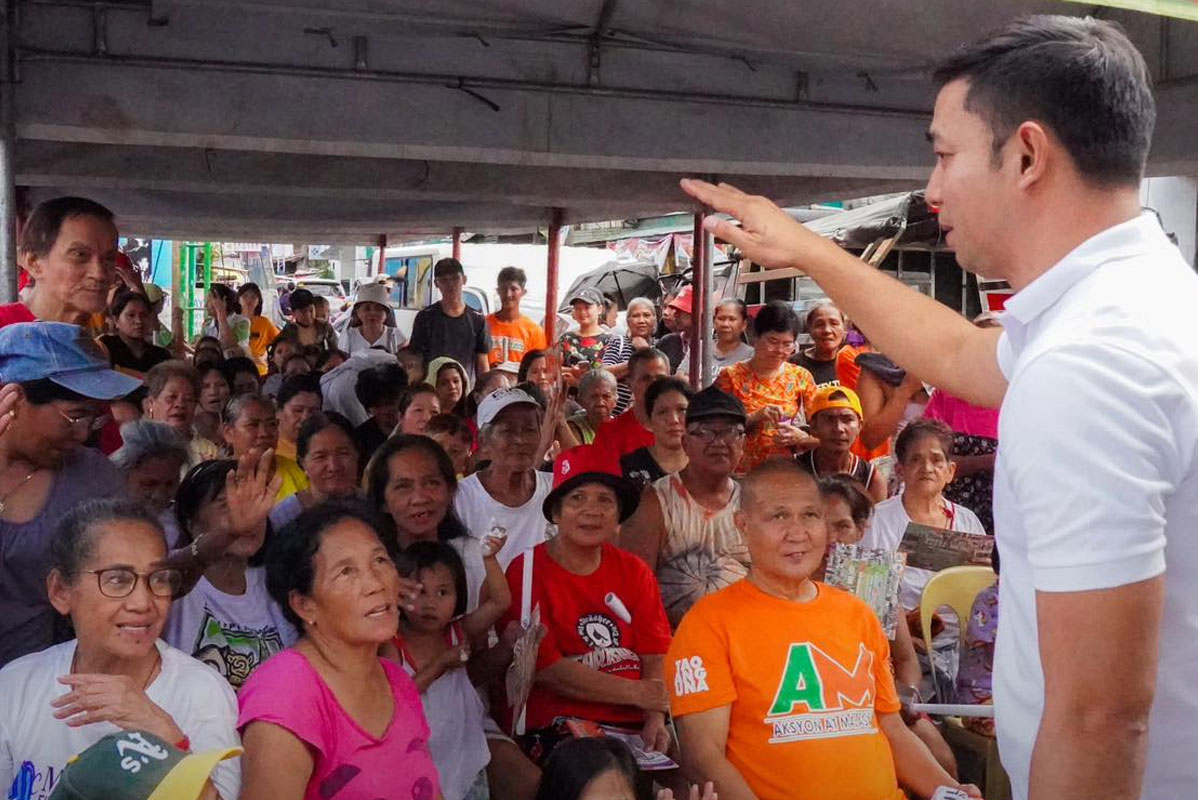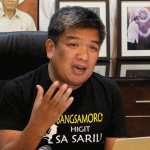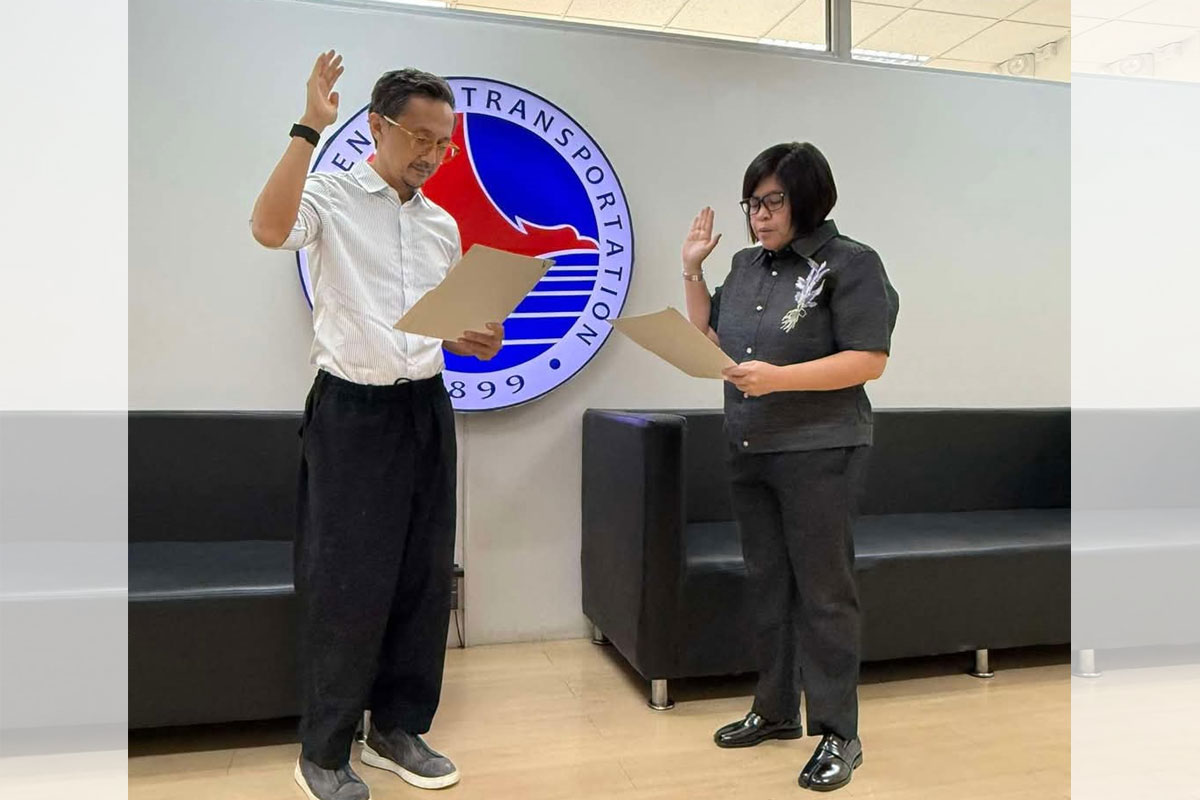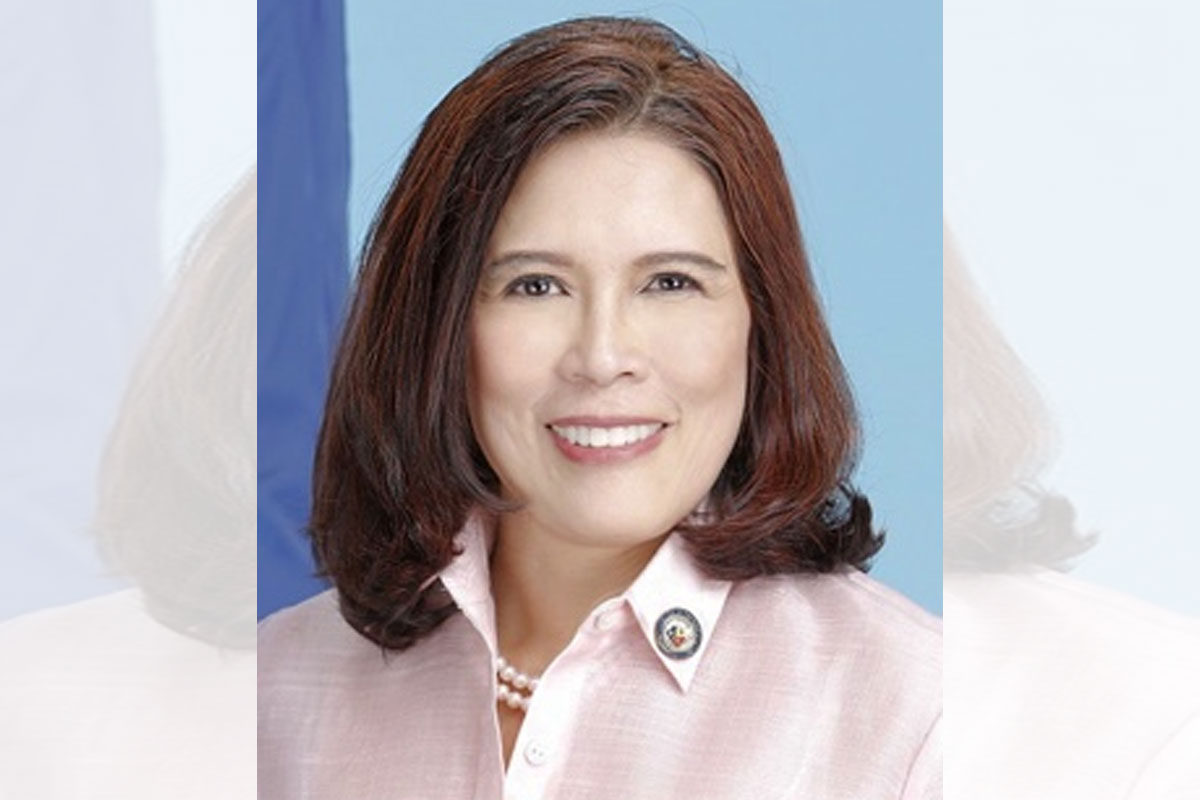 Nueva Ecija Rep. Rosanna “Ria” V. Vergara
Nueva Ecija Rep. Rosanna “Ria” V. Vergara
Vergara vindicated
SC upholds HRET ruling declaring solon PH citizen
NUEVA Ecija Rep. Rosanna “Ria” V. Vergara on Tuesday expressed elation over the decision of the Supreme Court (SC) declaring her a Filipino citizen.
Vergara said the decision of the SC En Banc dated October 5, 2021 is a vindication of her true and genuine service to the people of the Nueva Ecija, particularly in the third district.
“I am grateful to the Supreme Court for upholding the decision of the HRET (House of Representatives Electoral Tribunal) and more importantly, the will of the people in the Third District of Nueva Eicja who elected me to be their Representative in the 17th and 18th Congress. Despite all the talk in my district by my detractors that the Supreme Court would strike down the HRET decision, I never lost hope because I always have faith in the integrity and fairness of our magistrates and in the rule of law. God bless the Supreme Court,” Vergara said.
After five years of protracted legal battle, the SC finally put to rest the issue relating to her Filipino citizenship after it upheld the decision of the HRET, which declared Vergara as a Filipino citizen and qualified to be a member of Congress.
Vergara was born to Filipino parents on November 5, 1963. She was naturalized as an American citizen in 1998 and reacquired her Filipino citizenship in 2006. This means that Vergara is a natural-born citizen of the Philippines.
Known for her business acumen in the electric power industry, Vergara entered the world of politics in 2016 as she wanted to bring the good governance her husband, Mayor Jay Vergara, has practiced in Cabanatuan City since 1998 and also give voters of the Third District an option as no one wanted to run against the unbeaten governor of Nueva Ecija aligned with then ruling administration Liberal Party (LP).
She won on May 9, 2016, handing Gov. Aurelio “Oyie” Umali his first political loss in his 15 years as an elected government official.
However, right after winning the congressional seat, the camp of Umali, led by Philip Piccio, an Executive Assistant at the Nueva Ecija provincial government, filed multiple suits against Vergara to question her citizenship.
They claimed that since the Bureau of Immigration (BI) only had photocopies of her Republic Act (RA) No. 9225 application, she did not comply with the proper procedure required by law.
During the 17th Congress, the House committee on good government and public accountability conducted a congressional inquiry to investigate the mysterious loss of Vergara’s RA 9225 records.
In the course of the investigation, the BI, under the leadership of Commissioner Jaime H. Morente, affirmed that Vergara applied for and was granted the reacquisition of her Filipino citizenship way back in November 2006.
In its recent ruling upholding the HRET decision, the SC ruled that “there is overwhelming competent evidence proving Vergara’s compliance with RA 9225 or the Citizenship Retention and Reacquisition Act for the reacquisition of her Philippine citizenship.”
As for the absence of her original RA 9225 documents at the BI, the High Tribunal held that “the issue in the present case pertains to the existence and due execution of these documents and not their contents…. The best evidence rule requiring the production of the original documents does not apply.”
The Court likewise stressed the state’s policy to hold the official custodian of public records accountable for their loss.
To rule otherwise will set the dangerous precedent “that documents duly filed but have gone missing while in the custody of the receiving agency, without fault or even knowledge of the persons filing, will be rendered useless and void xxx. This will bestow great injustice, not just upon Vergara or other similarly situated public officials, but likewise upon the general public who, in the first place, is powerless to prevent such mishaps.”
The ruling of the SC simply applies a long line of jurisprudence that Vergara’s compliance with RA 9225 means that she is qualified to hold her seat at the House of Representatives as a natural born citizen.
That this is a prevailing and controlling principle of law means that the suits questioning Vergara’s citizenship were nuisance suits that aimed only to frustrate the will of the voters of the Third District of Nueva Ecija and obstruct Vergara from exercising her mandate from the people, the ruling added.


